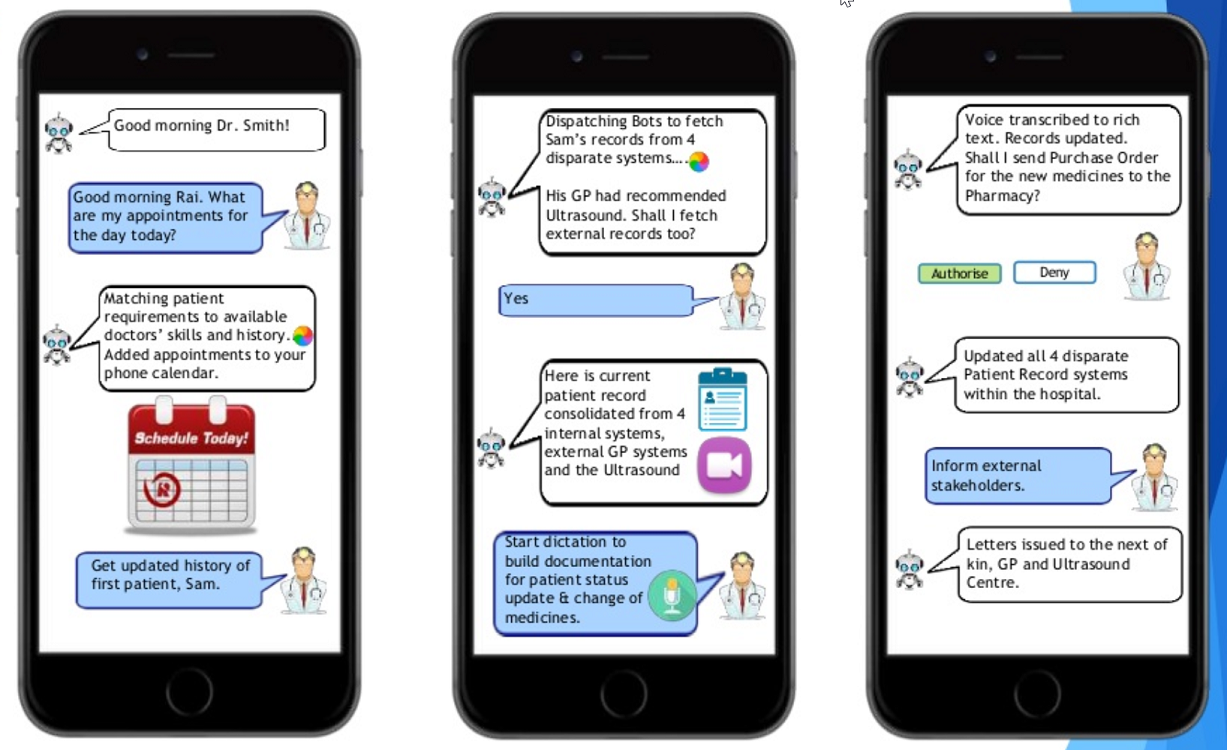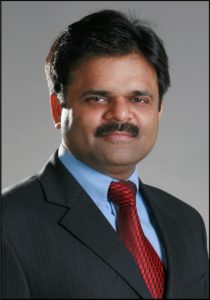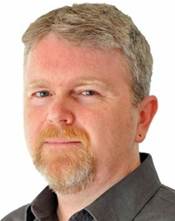#StartupSpotlight is a new series on Information Age, shining a light on Australian start-ups disrupting the status quo.
Tracking everything from blood pressure monitors to motion sensors, RobonomicsAI's Holistic Healthcare platform isn't looking to replace doctors and nurses.
Instead it aims to help them make the best treatment decisions based on vast amounts of data, as healthcare providers embrace the Internet of Things.
Built around an AI-powered chatbot, Holistic Healthcare has the potential to assist both healthcare providers and family members in caring for the elderly, says RobonomicsAI founder and CEO Samir Sinha.
Sinha founded RobonomicsAI in Sydney last year, embarking on a start-up having previously worked for technology giants Oracle, Tata Consultancy Services, Wipro and HCL Technologies. Registered as an AI researcher with the Australian Research Council, RobonomicsAI has also expanded into India and Europe.
Rather than reinventing the wheel, the start-up focuses on artificial intelligence automation systems integration – helping businesses put platforms like IBM Watson to work. RobonomicsAI's Holistic Healthcare made it through to the second round of this year's global IBM Watson Build Challenge.

Source: Supplied
"Our aim is to help our clients make the most of artificial intelligence in order to disrupt their industries," Sinha says.
"While Holistic Healthcare is focused on aged care, our starting premise for any sector is the same; what would your business processes and customer offerings look like if they were redesigned to take advantage of AI-based automation technologies?"
Holistic Healthcare can draw upon a wealth of data to monitor patient health, from smart blood pressure monitors and ECG bands to motion sensors and GPS trackers.
Using IBM Watson's cognitive abilities it can build a patient profile, learn their routine, recognise problems requiring human intervention and even anticipate health issues before they arise.
"The IoT and wearables boom allows us to gather more real-time health data than ever, but if you're not careful that can just translate into information overload for healthcare providers," Sinha says.
"Holistic Healthcare has the potential to monitor all these data streams while watching for issues, looking for patterns and delivering insight. Via telehealth it can improve aged care – offering ICU-style continuous monitoring while granting the elderly more independent living options which in turn reduces the load on aged care professionals and infrastructure."

Samir Sinha. Source: Supplied
While Sinha has mostly worked for large corporates, he has experience in getting new operations off the ground such as establishing Tata Consultancy Services' Australian SAP practice back in 2002. Around that time the Australian IT industry underwent a seismic shift in the way projects and support were delivered, with offshoring becoming the default delivery model.
"Today, I have a feeling of deja vu as we evangelise automation in pretty much the same way as offshoring, in that it's a disruptive delivery model."
Having spent the last 15 years in Australia, Sinha has also watched the growth of the local start-up community and says taking the leap of faith to establish a start-up is less daunting than it was even two years ago.
"It gives you confidence today in Australia to see more government support structures, start-up incubators and meetups – meaning that it's not very difficult to quickly create your network in the start-up world," Sinha says.
"As a start-up I'm actually able to open some doors more easily than if we were a large company. As the IT industry has matured, large vendors tend to offer the same value proposition and become stuck in price wars. As such they're open to working with start-ups, in order to gain a competitive advantage from new ideas and fresh thinking."

Source: RobonomicsAI




.jpg)




